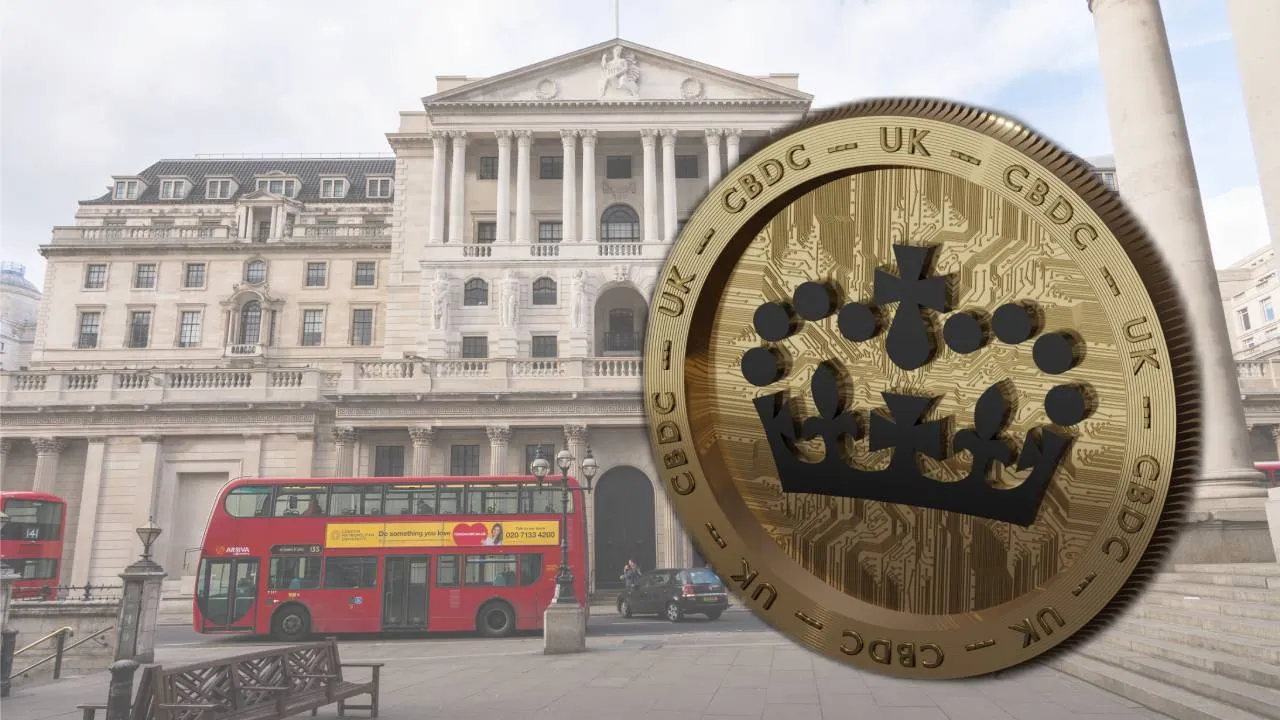The ‘Project Rosalind’ software trial found that central bank digital currencies could enable smart contract-like features for transactions.

By Alys Key
Jun 19, 2023

While central bank digital currencies (CBDCs) are becoming a hot-button political topic in the U.S., central bankers on the other side of the Atlantic have been looking into what uses the technology actually has. According to the latest findings, there could be quite a few.
Following a trial set up by the Bank of England (BoE) and the Bank for International Settlements (BIS) Innovation Hub London Centre, a summary of the project’s findings concluded that a well-designed digital currency could “enable a robust ecosystem to foster innovation, and to help meet the future needs of a more digitalised society”.
The experiment, called Project Rosalind, focused on the use of application programming interfaces (APIs) in the design of any future central bank digital currency (CBDC), and examined more than 30 different use cases.
Researchers looked at ways a well-designed API could enhance the user experience when making payments, and tested how CBDCs could be used to pay in shops, on mobile phones, via QR codes, and through several other methods.
While many of those functions are already possible with existing payment systems such as cards and cash, Project Rosalind also found that a digital currency might enable users to have more “programmability” over their money, putting in place smart contract-like features.
“The API could enable individuals and businesses to put away a certain amount of CBDC for a specific use and to trigger payments under conditions that they have agreed in advance,” researchers said.
Gilbert Verdian, founder and CEO of blockchain interoperability firm Quant—which was part of the vendor team for Project Rosalind—said in a statement that CBDCs will “enable citizens and businesses to automate cumbersome payments and processes and implement logic into money”.
“For commercial banks and other institutions, the opportunity to apply this programmability to create innovative new products that differentiate themselves from challengers and competitors is almost endless.”
Future of ‘Britcoin’
While the project was a joint initiative between the BoE and the BIS Innovation Hub London, researchers encouraged central bankers all over the world to read their findings.
“We believe that Rosalind can make a significant contribution to how organizations across the globe are thinking about and engaging with the design of retail CBDC systems,” said Francesca Hopwood Road, head of the BIS Innovation Hub London Centre.
The experiment was based on a model in which a central bank would issue the currency and provide the ledger infrastructure, while the private sector—such as commercial banks—would offer user-facing services such as digital wallets.
While Project Rosalind focused on the concept of CBDCs on a global scale, it comes at a time when the UK is mulling the creation of a digital pound, dubbed ‘Britcoin’ by Prime Minister Rishi Sunak. The BoE is currently inviting responses to a consultation paper produced alongside His Majesty’s Treasury until 30 June.
‘Britcoin’ Consultation Lays Groundwork for UK’s Digital Pound
Britain is moving ahead with plans for a digital pound that could be in use by the late 2020s, the country’s Treasury and the central bank said yesterday. “While cash is here to stay, a digital pound issued and backed by the Bank of England could be a new way to pay that’s trusted, accessible, and easy to use,” the UK’s chief financial minister Jeremy Hunt said in a statement. Following the announcement, a new consultation has today been launched by the Bank of England regarding the design of a
News, 2 min read, Business
Alys KeyFeb 7, 2023
No official decision has yet been made regarding Britcoin. But Dion Seymour, who is crypto and digital assets technical director at Andersen LLP as well as a former adviser to the UK’s tax authorities on crypto issues, told Decrypt that the UK “wants to lead in financial affairs,” so is likely to pursue a digital pound.
“I think if the Bank of England and HM Treasury want to continue to be an innovator in the monetary space then they will have to do a CBDC,” he said. “It feels like that has to be the next step. It’s hard to say that you’re an innovator if everyone else is doing something that you’re not.”
![]()


